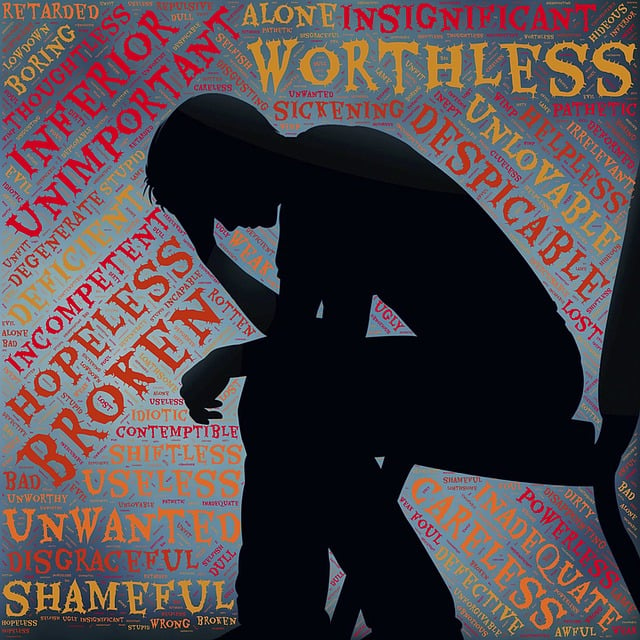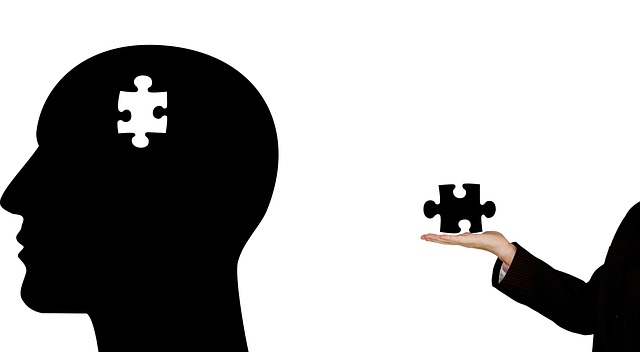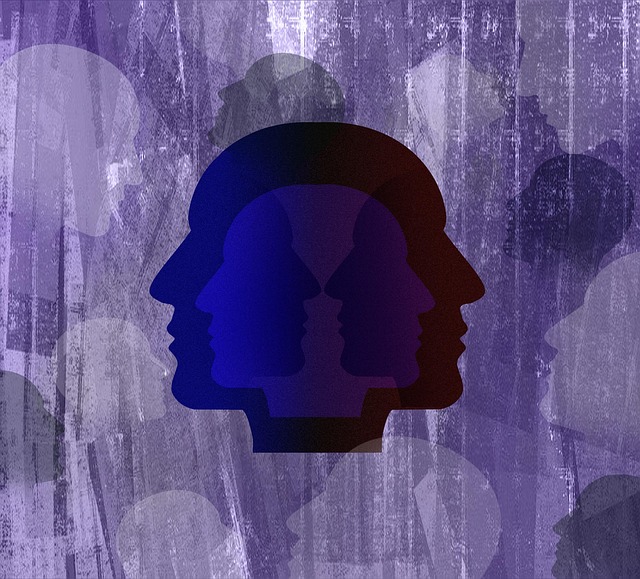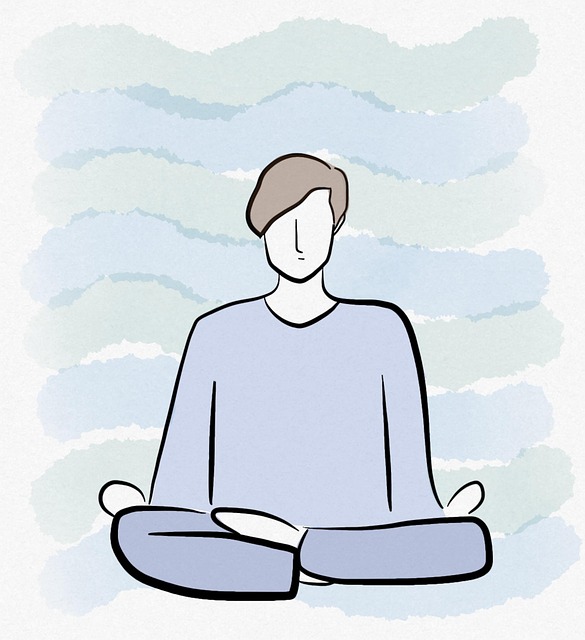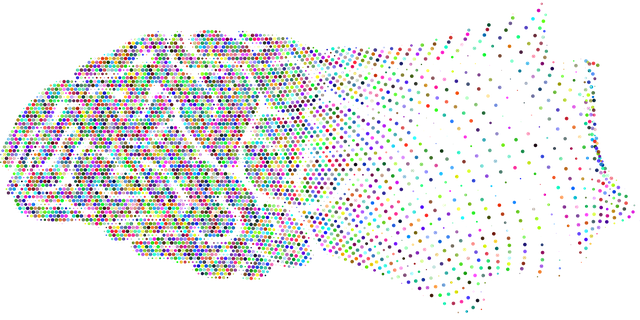Mental illness stigma presents a significant barrier to help-seeking, leading to prolonged suffering and negative impacts on overall well-being. Initiatives like Castle Rock Chronic Pain Therapy combat this through coping skill development, cultural sensitivity, and 'mind over matter' principles, improving mental health outcomes and fostering societal empathy. Education integrated into school curricula, crisis intervention guidance, and positive thinking by professionals are key strategies. Media portrayal plays a crucial role, either reinforcing stigma or normalizing experiences like chronic pain. Community outreach programs and engagement, as seen in Castle Rock initiatives, create supportive environments, combining professional development with compassion cultivation for holistic care.
Mental illness stigma remains a pervasive barrier to seeking treatment, with significant societal implications. This article explores comprehensive strategies to reduce mental health stigma, from education initiatives to community engagement. We delve into the impact of media representation and offer practical guidance for healthcare professionals. Understanding the roots of stigma is crucial, especially in light of Castle Rock Chronic Pain Therapy’s increasing recognition as a vital component of holistic wellness. By examining these aspects, we aim to foster a more supportive environment for those facing mental health challenges.
- Understanding Stigma: Its Impact on Mental Health and Society
- The Role of Education in Reducing Stigma Around Mental Illness
- Strategies for Healthcare Professionals to Combat Stigma
- Media Representation and its Influence on Public Perception
- Community Engagement: Breaking Down Barriers and Fostering Support
Understanding Stigma: Its Impact on Mental Health and Society

Stigma surrounding mental illness is a pervasive issue that significantly impacts both individuals and society as a whole. It often acts as a barrier to people seeking help, leading to prolonged suffering and an exacerbation of symptoms. The consequences are far-reaching, affecting not just the person’s mental health but also their social, economic, and physical well-being. In many cases, stigma results in social isolation, discrimination, and even self-stigmatization, where individuals internalize negative beliefs about themselves, hindering their ability to recover and live fulfilling lives.
Understanding these impacts is crucial for efforts aimed at reduction. Initiatives like Castle Rock Chronic Pain Therapy emphasize coping skills development and cultural sensitivity in mental healthcare practice. By fostering an environment that embraces ‘mind over matter’ principles, these programs help individuals challenge negative beliefs and stereotypes associated with mental illness. This approach not only supports better mental health outcomes but also strengthens societal bonds by promoting a culture of empathy, understanding, and support for those facing mental health challenges.
The Role of Education in Reducing Stigma Around Mental Illness

Education plays a pivotal role in dispeling the myths and misconceptions surrounding mental illness, thereby reducing stigma. By integrating mental health literacy into academic curricula, schools can empower students to recognize signs of distress in themselves and others, fostering an environment where help-seeking is normalized. This early intervention can be particularly beneficial for young people struggling with issues like Castle Rock chronic pain therapy, as it encourages proactive management and reduces the fear often associated with seeking professional support.
Effective communication strategies, such as those taught through mental wellness coaching programs development, enable individuals to articulate their experiences openly and accurately. This honest dialogue challenges stigmatizing narratives and encourages empathy. Moreover, crisis intervention guidance can equip people with the tools to respond sensitively when someone is experiencing a mental health crisis, further breaking down barriers and promoting understanding.
Strategies for Healthcare Professionals to Combat Stigma

Mental health professionals play a pivotal role in stigma reduction efforts. They can combat stigma by fostering positive thinking and encouraging emotional regulation both within their practices and in the broader community. This begins with accurate and empathetic communication, ensuring patients feel heard and validated. Healthcare providers should also integrate strategies like motivational interviewing to empower individuals managing mental illness, promoting self-efficacy and challenging negative beliefs about their conditions.
Additionally, ongoing risk assessment for both professionals and patients is crucial. By recognizing and addressing personal biases and potential triggers, healthcare workers can create safer, more supportive environments. Implementing these practices not only benefits individual patients but also contributes to the overall destigmatization of mental health issues, potentially encouraging more people to seek help from services like Castle Rock Chronic Pain Therapy.
Media Representation and its Influence on Public Perception

The media plays a significant role in shaping public perceptions about mental illness, often influencing how society understands and treats individuals dealing with psychological struggles. Portrayals in television shows, movies, and news articles can either perpetuate harmful stereotypes or foster empathy and understanding. For instance, characterizing mental health issues as solely the result of personal weakness or lacking willpower contributes to the stigma surrounding these conditions. On the other hand, media that humanizes individuals living with mental illness, showcasing their struggles and resilience, can significantly reduce stigma. Castle Rock Chronic Pain Therapy centers, for example, emphasize the importance of empathetic approaches, mirroring the growing demand for culturally sensitive mental healthcare practices.
Building empathy through media representation is crucial in promoting community support and reducing isolation experienced by those facing mental health challenges. Encouraging diverse narratives that reflect the various forms mental illness can take, including less-commonly discussed conditions like chronic pain, helps to normalize these experiences. Additionally, implementing successful Community Outreach Program Initiatives can bridge gaps between affected individuals and accessible resources, further challenging stigma at a grassroots level. These efforts collectively contribute to creating an environment where mental health concerns are met with compassion rather than judgment.
Community Engagement: Breaking Down Barriers and Fostering Support

Community engagement is a powerful tool in the fight against mental illness stigma. By bringing people together and fostering open conversations, we can break down barriers and create a supportive environment. Castle Rock Chronic Pain Therapy has recognized the importance of this approach, implementing initiatives that encourage community members to share their experiences and educate others about mental health challenges. Through local support groups, workshops, and public awareness campaigns, they’ve been able to foster empathy and understanding.
This strategy goes beyond individual therapy sessions; it focuses on building a network of care. Compassion Cultivation Practices, such as mindfulness training and peer support programs, have been integrated into community engagement efforts. Additionally, mental health professionals in the area conduct regular Risk Assessment workshops, equipping them with tools to handle complex cases effectively while maintaining empathy. Trauma Support Services are also readily accessible, ensuring that individuals who may be particularly vulnerable to stigma-related issues receive specialized care.
Stigma reduction efforts, encompassing education, healthcare professional training, media representation, and community engagement, are crucial steps towards a more compassionate society. By understanding the profound impact of mental illness stigma, as highlighted in this article, we can foster an environment that supports those facing challenges like chronic pain. Just as Castle Rock Chronic Pain Therapy centers play a vital role in treatment, collective actions to dispel stigma can transform lives and build stronger communities. Through open dialogue, accurate information dissemination, and inclusive practices, we can break down barriers and create safe spaces for mental health discussions, ensuring everyone receives the care and support they deserve.

